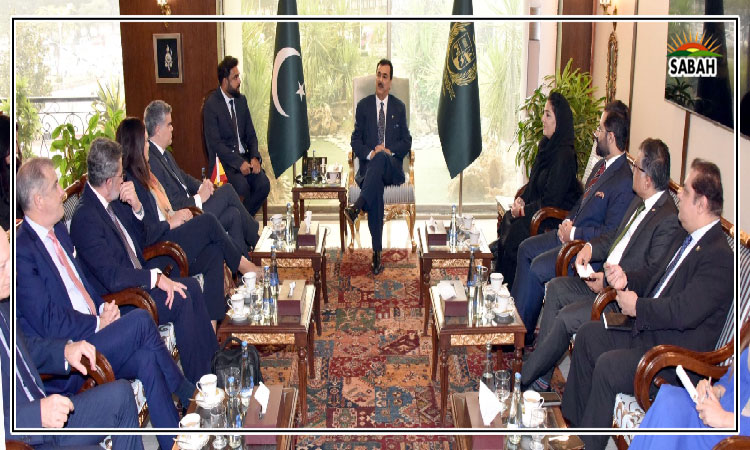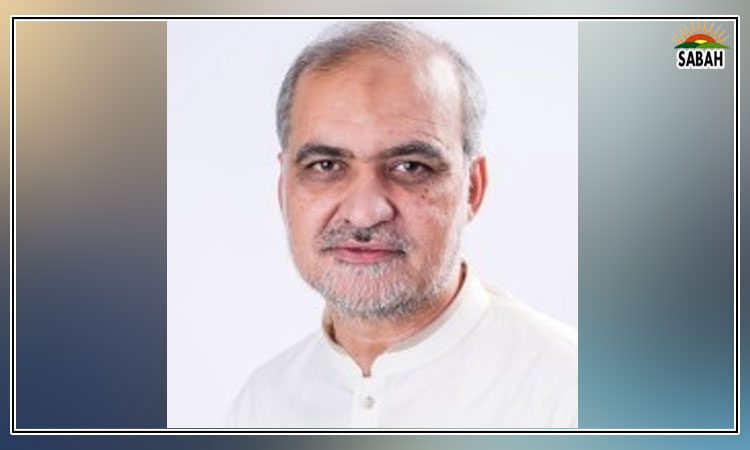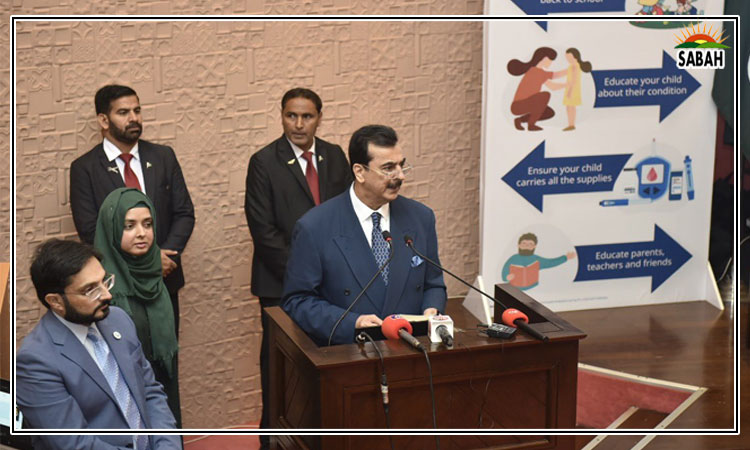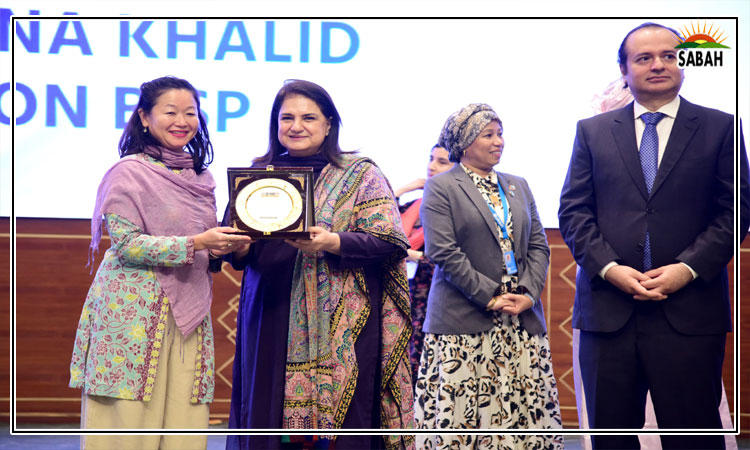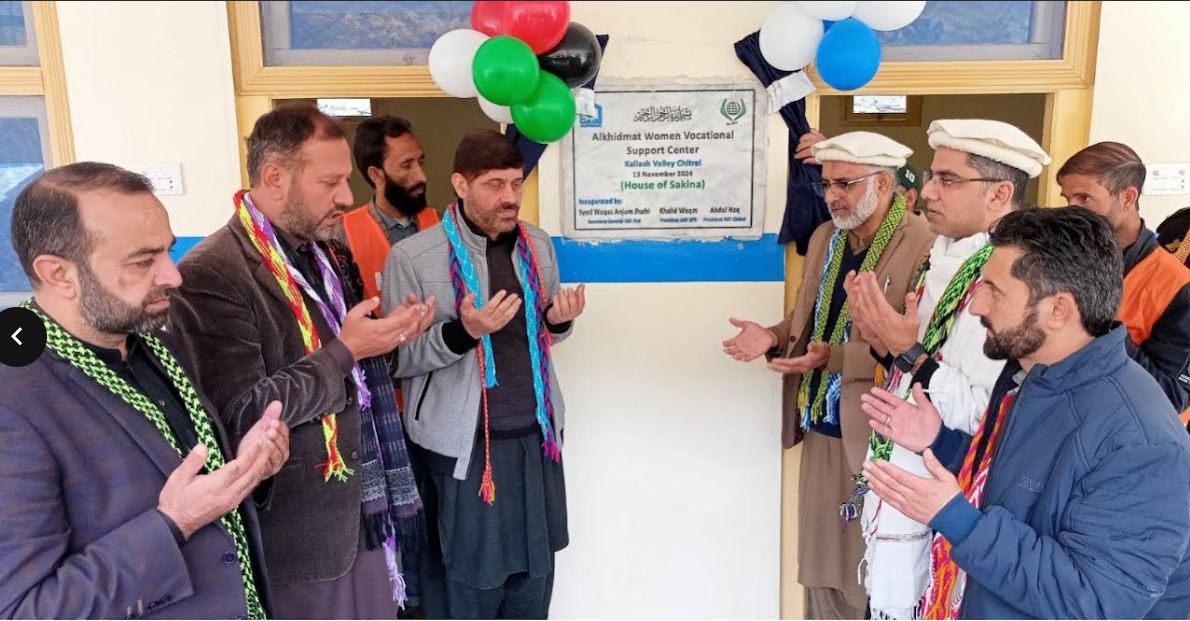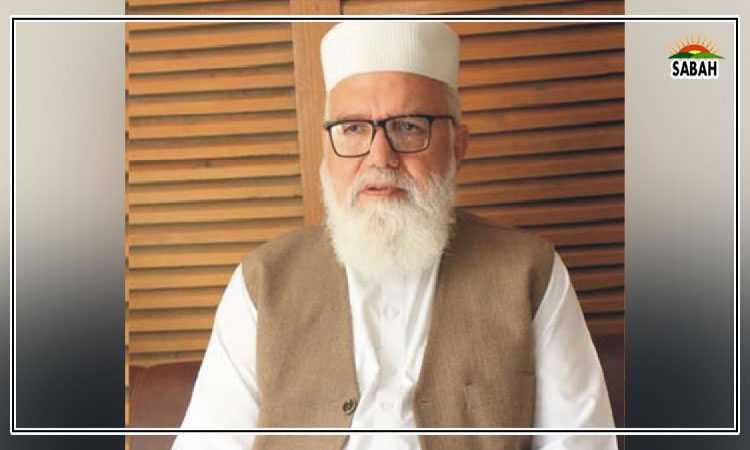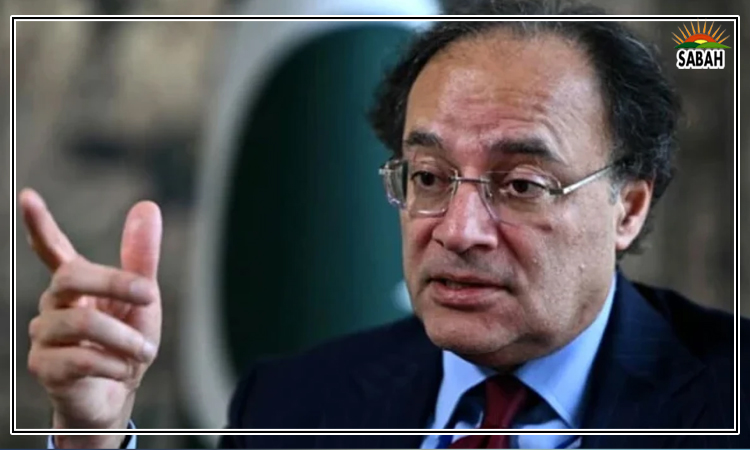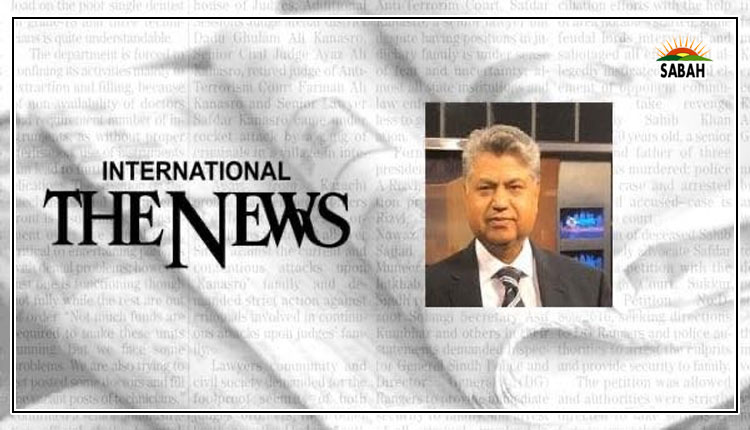Converge now…Murtaza Solangi
As you read this today, ideally beat reporters would have been busy covering the live updates of the Multi Party Conference in Parliament House but it has been postponed for various reasons. One hopes the much-needed event will be held sooner rather than later because much is at stake in our hapless country.
Pakistan has been going through bouts of instability since 2014 when Imran Khan and his political cousin Tahirul Qadri brought their march to Islamabad. Although they could not dislodge the PML-N government, it was finally removed through a judicial verdict using the Panama scandal and then weakening the Shahid Khaqan government.
Fast forward to the installation of Project Imran, and political stability was absent despite the unprecedented institutional support available to PM Imran Khan, thanks to his vindictive and vengeful policies bent upon creating a one-party authoritarian state.
Since April last year when a prime minister was removed for the first time in our parliamentary history through a vote of no-confidence, Imran Khan and his party have become a major source of instability. Add the economic meltdown caused by decades of economic policies by our power elite and the rising insurgency after the takeover by the Afghan Taliban in Kabul, and it makes for a lethal cocktail. This is probably the perfect storm we are facing now.
That is why the conference that was supposed to take place today and now stands postponed, assumes more importance than ever. Without the Grand Consensus we have talked about in these pages, we cant move forward. We cant move an inch without a clear roadmap on our economic, political and cultural direction and consensus.
Consider: we have seen long periods of martial law, creation of kings parties, hybrid governments repeating the same over and over. The hybrid system installed in 2018 tried to create an authoritarian system ultimately colliding with the establishment after damaging the economy and foreign relations with almost the entire world. The loser, the PTI in this case, that used coercive force to its authoritarian ambition, now is facing the same music it made its opponents suffer.
It looks almost certain that despite the dissolution of Punjab and Khyber Pakhtunkhwa, the elections of all assemblies will take place on schedule in October and the four-month delay will be justified under Article 254 of the constitution. However, the most outstanding issues related to free and fair elections this year, including the role of the Election Commission and the caretaker setup remains in limbo.
That is why the conference of all parties, including civil society organizations and the intelligentsia holds much importance to end the current extreme political polarization, and as a way forward. An electoral exercise without agreement on the rules of the game and the way forward will bring more instability.
Pakistan has continued on the path of boom-and-bust for decades with fake growth created by high money supply and external fiscal deficits causing high inflation, depleting foreign exchange reserves and constantly turning to the IMF (for almost two dozen times in our history). Instead of reforming our tax system, cutting down unproductive expenses and bloated federal and provincial governments, we have tried to engage in regional and global conflicts and run our economy on borrowed billions of dollars after siding with the global powers.
To the luck of the people of Pakistan, the days of strategic windfall seem to be over, forcing our power elite to mend ways or risk the very existence of the security state. The status quo is not sustainable any more. Big ticket items on the economy need to be decided and hence a charter of economy too is very necessary.
We are going nowhere without making policy decisions on the real-estate black hole, bleeding state enterprises, modernization of agriculture, food security, reforms in the energy sector, and finding a place in the global economic chain. The same goes for investing heavily in modern education and health including population control, ensuring true devolution by doing supplementary legislation to provide the nuts and bolts of economic devolution under Article 140-A, creating local and community policing and deradicalizing our education system and society.
Without a consensus on these basic issues, it really makes no difference if the current coalition partners return to power or their archrival PTI makes it to the finish line. We will continue to slide into oblivion. That is why it is much more important to have a series of dialogues on the issues of political, economic, cultural and foreign policy of the country. While the government and the opposition need to play their part, the civil society, intelligentsia, media houses, new digital media, think tanks and educational institutions too need to chip in to pull the country out of the polycrisis we face today.
Courtesy The News




